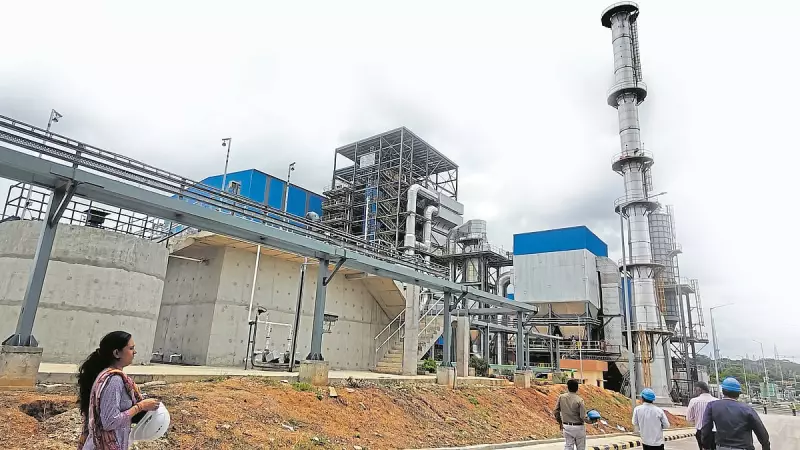
In a startling revelation that has sent shockwaves through Bengaluru's environmental circles, documents obtained through Right to Information (RTI) have exposed that KPCL's waste-to-energy plant operated for several months without the mandatory consent from the Karnataka State Pollution Control Board (KSPCB).
The Regulatory Breach Timeline
According to the official records, the plant located in the heart of Bengaluru's Bidadi industrial area commenced operations and continued running from February to June 2023 without the legally required operational clearance. The facility, designed to convert municipal solid waste into electricity, only received its official consent to operate on June 23, 2023 - nearly five months after it began processing waste.
Environmental Concerns Amplified
This regulatory violation raises serious questions about environmental oversight and corporate accountability. Operating without pollution control board approval means the plant potentially bypassed critical emission standards and environmental safeguards designed to protect Bengaluru's air quality and public health.
The plant processes approximately 200 metric tonnes of municipal solid waste daily, generating about 11.5 MW of electricity for the state grid. However, the absence of proper regulatory oversight during these initial months means the environmental impact of these operations remains unverified and unmonitored.
Broader Implications for Bengaluru
This incident highlights the ongoing challenges in Bengaluru's waste management system, where rapid urbanization and increasing waste generation have outpaced regulatory frameworks. The city generates nearly 5,000 tonnes of solid waste daily, making proper waste processing facilities crucial yet requiring strict environmental compliance.
Environmental activists and urban planners are now questioning the effectiveness of regulatory mechanisms and calling for greater transparency in how waste management projects are monitored and approved in Karnataka.






